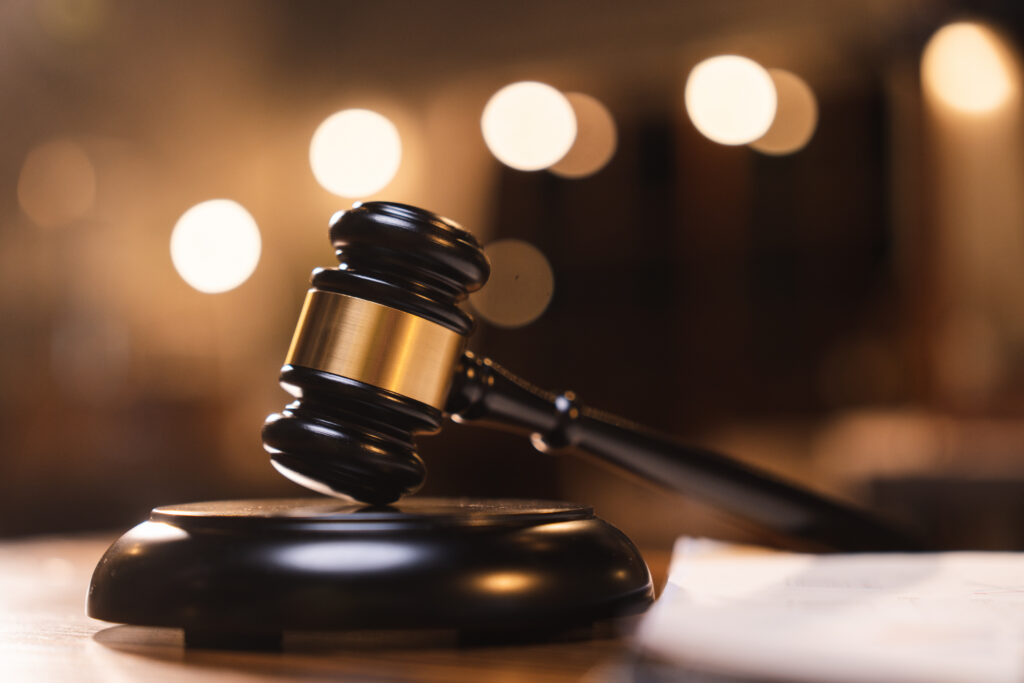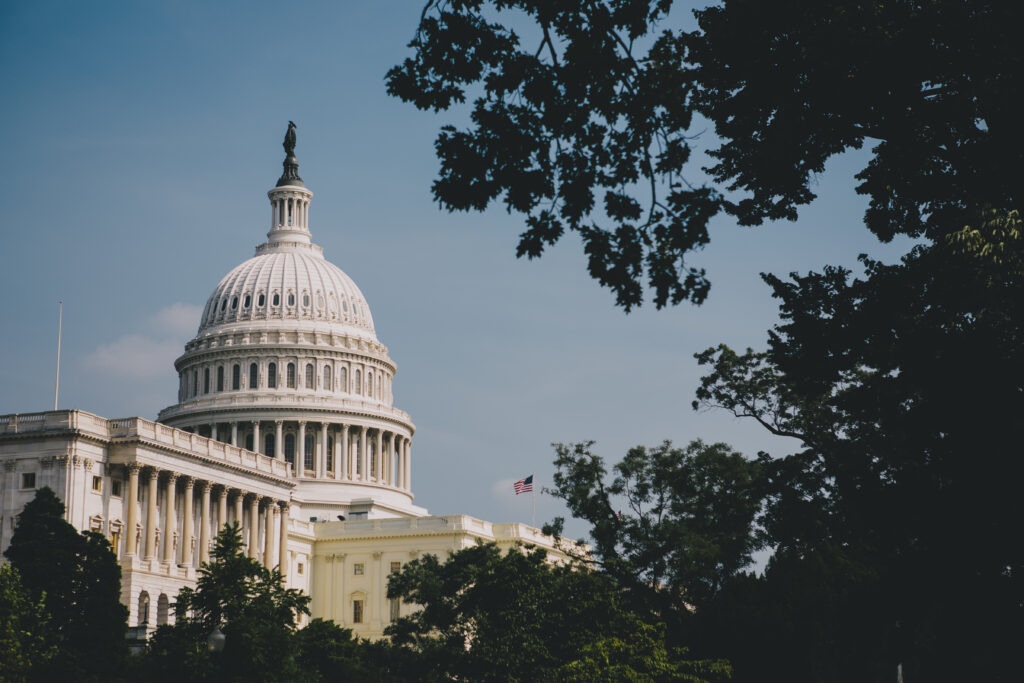
Recent Risk Adjustment Settlements Serious Warning
EDITOR’S NOTE: Gloryanne Bryant has more than 40 years of experience in her field and is an independent HIM Coding and CDI Consultant who works

The DOJ has focused particularly on the payment of kickbacks that induce physicians to prescribe more, or more expensive, opioids.
Last week, President Trump unveiled the administration’s new plan to combat the opioid epidemic. In 2016, more than 11 million Americans misused prescription opioids, resulting in 42,000 related deaths and $504 billion in related economic costs. The plan includes stiffer penalties for high-volume drug dealers, including seeking the death penalty where it is appropriate under current law, and a stated goal to reduce prescriptions of the powerful painkillers by one-third nationwide.
Long before this week’s announcement, however, the U.S. Department of Justice (DOJ) has been hard at work on these goals. Last summer, as we reported on Monitor Monday, Attorney General Jeff Sessions announced opioid-related healthcare fraud as a priority for the agency. In 2017, 34 percent of defendants charged by the Medicare Fraud Strike Force were charged with crimes involving opioid prescriptions.
The DOJ has focused particularly on the payment of kickbacks that induce physicians to prescribe more, or more expensive, opioids. This in violation of a law known as “the anti-kickback statute,” which prohibits medical providers from paying or receiving kickbacks, remuneration, or anything of value in exchange for referrals of patients who will receive treatment paid for by government healthcare programs, such as Medicare and Medicaid. The law is designed to keep medical treatment decisions free from the influence of potential monetary gain. As the DOJ has explained, “[p]atients are entitled to be sure that the care they receive is based on their actual medical needs rather than the financial interests of their physicians.” Violations of the anti-kickback law can also be violations of the False Claims Act, which allows private citizens to blow the whistle on fraud against the government, and share in the amount recovered.
Last October, Dr. John Kapoor, the chief executive officer of Insys Therapeutics, a manufacturer of fentanyl (a powerful opioid), was charged with violations of the False Claims Act. Prosecutors alleged the company paid hundreds of thousands of dollars to doctors in exchange for prescribing a spray called Subsys that contained fentanyl; Subsys is 100 times stronger than morphine. The scheme was brought to light by a whistleblower who was a former Insys employee. Dr. Kapoor pleaded not guilty in November, and the case is ongoing.
Two weeks ago, one of the doctors who received payments from Insys was sentenced to 51 months in prison by a federal court in Rhode Island. Dr. Jerrold Rosenberg, whose sentencing hearing included testimony from three former patients about the debilitating effects they experienced from the drug, received over $180,000 in payments from the company. His son was also a sales representative for Insys. In addition to jail time, Dr. Rosenberg will also have to pay Medicare over $750,000 in restitution due to his overprescribing of the spray.
Just last Friday, prosecutors in New York charged five more doctors with accepting kickbacks from Insys. All five allegedly received lavish payments from the company that were disguised as speaking fees, and totaled hundreds of thousands of dollars. Each one of the doctors charged also prescribed over $500,000 of Subsys in a single quarter.
With many related actions involving the kickback scheme currently ongoing, this will be a case to watch.


EDITOR’S NOTE: Gloryanne Bryant has more than 40 years of experience in her field and is an independent HIM Coding and CDI Consultant who works

In a rare display of bipartisan cooperation, lawmakers in both chambers of Congress have reached agreement on a sweeping healthcare package tied to a broader
Please log in to your account to comment on this article.

Expert presenters Kathy Pride, RHIT, CPC, CCS-P, CPMA, and Brandi Russell, RHIA, CCS, COC, CPMA, break down complex fracture care coding rules, walk through correct modifier application (-25, -57, 54, 55), and clarify sequencing for initial and subsequent encounters. Attendees will gain the practical knowledge needed to submit clean claims, ensure compliance, and stay one step ahead of payer audits in 2026.

Accurately determining the principal diagnosis is critical for compliant billing, appropriate reimbursement, and valid quality reporting — yet it remains one of the most subjective and error-prone areas in inpatient coding. In this expert-led session, Cheryl Ericson, RN, MS, CCDS, CDIP, demystifies the complexities of principal diagnosis assignment, bridging the gap between coding rules and clinical reality. Learn how to strengthen your organization’s coding accuracy, reduce denials, and ensure your documentation supports true medical necessity.

Denials continue to delay reimbursement, increase administrative burden, and threaten financial stability across healthcare organizations. This essential webcast tackles the root causes—rising payer scrutiny, fragmented workflows, inconsistent documentation, and underused analytics—and offers proven, data-driven strategies to prevent and overturn denials. Attendees will gain practical tools to strengthen documentation and coding accuracy, engage clinicians effectively, and leverage predictive analytics and AI to identify risks before they impact revenue. Through real-world case examples and actionable guidance, this session empowers coding, CDI, and revenue cycle professionals to shift from reactive appeals to proactive denial prevention and revenue protection.

Sepsis remains one of the most frequently denied and contested diagnoses, creating costly revenue loss and compliance risks. In this webcast, Angela Comfort, DBA, MBA, RHIA, CDIP, CCS, CCS-P, provides practical, real-world strategies to align documentation with coding guidelines, reconcile Sepsis-2 and Sepsis-3 definitions, and apply compliant queries. You’ll learn how to identify and address documentation gaps, strengthen provider engagement, and defend diagnoses against payer scrutiny—equipping you to protect reimbursement, improve SOI/ROM capture, and reduce audit vulnerability in this high-risk area.

Stay ahead of the 2026-2027 audit surge with “Top 10 Audit Targets for 2026-2027 for Hospitals & Physicians: Protect Your Revenue,” a high-impact webcast led by Michael Calahan, PA, MBA. This concise session gives hospitals and physicians clear insight into the most likely federal audit targets, such as E/M services, split/shared and critical care, observation and admissions, device credits, and Two-Midnight Rule changes, and shows how to tighten documentation, coding, and internal processes to reduce denials, recoupments, and penalties. Attendees walk away with practical best practices to protect revenue, strengthen compliance, and better prepare their teams for inevitable audits.

As AI reshapes healthcare compliance, the risk of biased outputs and opaque decision-making grows. This webcast, led by Frank Cohen, delivers a practical Four-Pillar Governance Framework—Transparency, Accountability, Fairness, and Explainability—to help you govern AI-driven claim auditing with confidence. Learn how to identify and mitigate bias, implement robust human oversight, and document defensible AI review processes that regulators and auditors will accept. Discover concrete remedies, from rotation protocols to uncertainty scoring, and actionable steps to evaluate vendors before contracts are signed. In a regulatory landscape that moves faster than ever, gain the tools to stay compliant, defend your processes, and reduce liability while maintaining operational effectiveness.

Get clear, practical answers to Medicare’s most confusing regulations. Join Dr. Ronald Hirsch as he breaks down real-world compliance challenges and shares guidance your team can apply right away.

Federal auditors are zeroing in on Inpatient Rehabilitation Facility (IRF) and hospital rehab unit services, with OIG and CERT audits leading to millions in penalties—often due to documentation and administrative errors, not quality of care. Join compliance expert Michael Calahan, PA, MBA, to learn the five clinical “pillars” of IRF-PPS admissions, key documentation requirements, and real-life case lessons to help protect your revenue.
Happy National Doctor’s Day! Learn how to get a complimentary webcast on ‘Decoding Social Admissions’ as a token of our heartfelt appreciation! Click here to learn more →
CYBER WEEK IS HERE! Don’t miss your chance to get 20% off now until Dec. 1 with code CYBER25
CYBER WEEK IS HERE! Don’t miss your chance to get 20% off now until Dec. 2 with code CYBER24